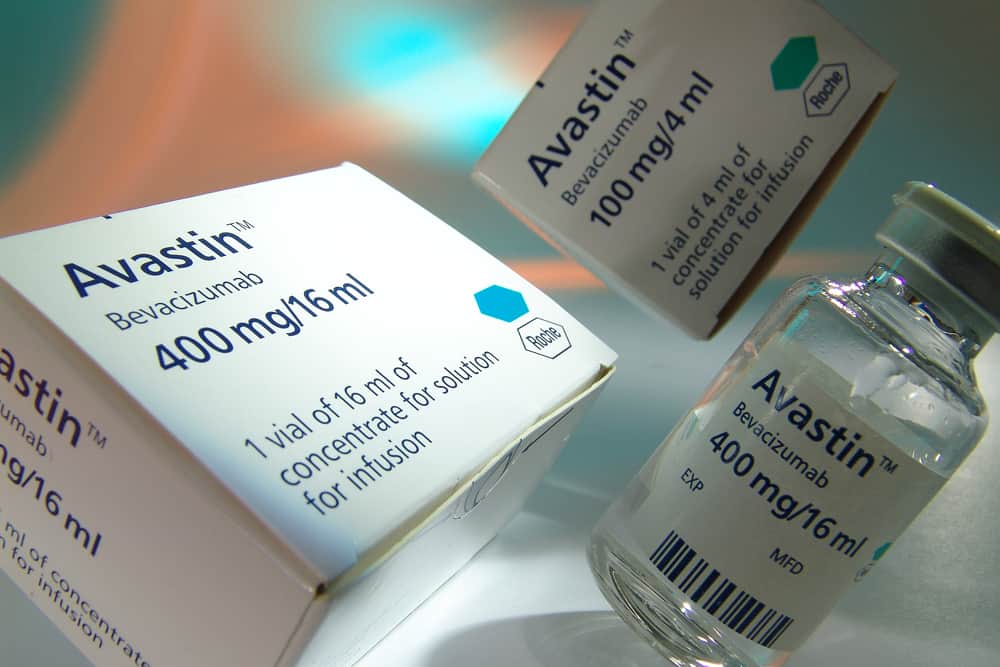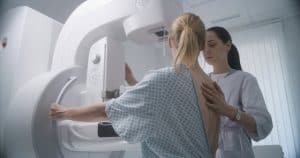
Another NICE no for Avastin in breast cancer
pharmafile | August 22, 2012 | News story | Sales and Marketing | NICE, avastin, breast cancer, rejection
Roche’s Avastin has been rejected once again for use in breast cancer patients.
NICE has now issued final guidance saying it does not recommend Avastin (bevacizumab), in combination with Roche’s Xeloda, for the firstline treatment of metastatic breast cancer in people for whom treatment with other chemotherapy options including taxanes or anthracyclines, is not considered appropriate.
The watchdog says its recommendation has remained constant throughout the process of guidance development – i.e., not recommending the treatment – adding that neither Roche nor other consultees had raised objections to NICE at any stage.
Sir Andrew Dillon, NICE’s chief executive, said: “We can’t recommend a drug that has not been shown to work as well as, or better than, current treatments and costs much more.
“Evidence presented to the independent Appraisal Committee did not conclusively show that bevacizumab, in combination with capecitabine, could improve overall survival or improve a patient’s quality of life more than current treatment.
“These uncertainties combined with the high cost of bevacizumab mean the drug simply isn’t cost effective.
“I understand this news will be disappointing to people, especially those with breast cancer that has spread elsewhere in their body. However, NICE recommends a range of treatments that the NHS can use to treat metastatic disease and these are outlined in our clinical guideline on the diagnosis and treatment of advanced breast cancer.”
These treatments include Roche’s HER2+ breast cancer drug Herceptin, chemotherapy agents docetaxel and vinorelbine and Roche’s Xeloda (capecitabine).
This is now the fifth piece of guidance in which NICE has not recommended the drug. It has also not endorsed the drug in three separate appraisals for use in metastatic colorectal cancer, one for breast cancer and one for renal cell carcinoma.
Its appraisal for non-small cell lung cancer was terminated before final guidance was issued.
Avastin is currently one of the biggest-selling drugs in the world, bringing in over $6 billion in sales last year, but has consistently been knocked back by NICE.
It is now the most funded treatment on the UK government’s Cancer Drugs Fund, which injects an extra £200 million a year for new oncology medicines that have not been recommended by NICE, or are undergoing an appraisal.
This month the ABPI said it would like to see drugs such as Avastin assessed under the new Value-Based Pricing plans in order to allow it access to the UK market.
Licence limited in Europe
Avastin’s licence for breast cancer came under severe scrutiny last year when new trial data showed that it was not as effective in treating breast cancer as was once thought.
The FDA decided to rescind the drug’s breast cancer licence from the US market after these studies were published, dealing a blow to the firm.
The EMA, however, decided to just restrict its use, and it can now only be given in combination with one type of chemotherapy.
To combat these problems, Roche is developing a biomarker to detect higher levels of VEGF-A, which is says may improve the results with Avastin. A biomarker could help in its fight to see the drug back on the US market, and could go some way to swaying NICE.
Ben Adams
Related Content

Digital mental health technologies – a valuable tool in supporting people with depression and anxiety
The potential benefits of digital mental health technology for managing depression, anxiety and stress, together …

Bio-Sourcing and Zerion Pharma receive 1.3m euros in funding for joint breast cancer project
Bio-Sourcing and Zerion Pharma have announced that their collaboration to develop an oral form of …

Biocartis announces breast cancer research collaboration with US Mayo Clinic
Biocartis has announced a research collaboration with Mayo Clinic in the US, aiming to develop …






